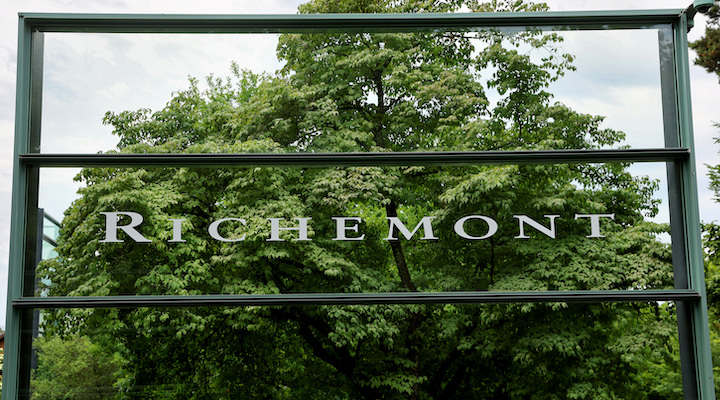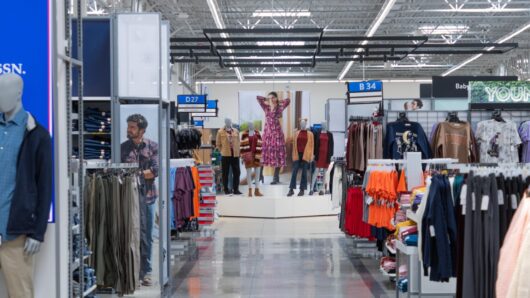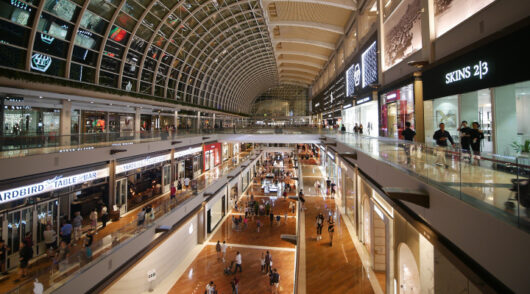Luxury goods group Richemont on Friday reported higher sales in the United States and Europe in the three months to June, which offset a 37 per cent drop in mainland China, where weakness in the economy is a worry for investors.
Big luxury companies have benefited from a rebound in demand for watches and jewellery after the Covid-19 pandemic, but a new wave of lockdowns in China hit sales in April and May, a situation flagged this week by rivals Swatch Group and Burberry.
Richemont, maker of Cartier jewellery and IWC watches, also felt the impact of store closures in mainland China, where its sales were 37 per cent lower for the quarter.
“The rate of decline softened to 12 per cent in June when restrictions were progressively eased,” Richemont said in a statement.
The weakness in China’s economy was highlighted in the country’s second quarter GDP figures on Friday, which showed sluggish growth of 0.4 per cent in the April-June quarter from a year earlier.
Richemont shares, down over 26 per cent so far this year, were down 5 per cent at 0714 GMT.
Citi analyst Thomas Chauvet pointed to weakening macro data in the United States and an “uncertain shape of recovery in China”.
The company’s overall sales growth of 12 per cent at constant currency, to 5.264 billion euros ($5.27 billion), exceeded Swatch Group’s first-half growth rate of 7.4 per cent thanks to Richemont’s higher exposure to the fast-growing jewellery category and an increasing share of own branded stores.
Richemont said sales increased 42 per cent in Europe “sustained by robust domestic demand and a return in tourist spending, primarily from American and Middle Eastern clients”, while the Americas were up 25 per cent driven by strong domestic spending.
RBC Capital Markets analyst Piral Dadhania said the performance was “reassuring” given the China headwind and said the improvement in China in June should provide assurances on the potential for recovery into the second quarter.
Vontobel analyst Jean-Philippe Bertschy said Richemont was setting the industry benchmark for the first half of 2022.
“The strong US consumer was able to totally offset the weak performance in China,” he said, noting the absence of a comment on its plan to sell a stake in its online business Yoox-Net-A-Porter (YNAP) to Farfetch.
Kepler Cheuvreux’ Jon Cox said Richemont’s online business was holding overall sales back and he expected YNAP to be fully divested ultimately.
- Reporting by Silke Koltrowitz, editing by John Revill and Jane Merriman, of Reuters.






